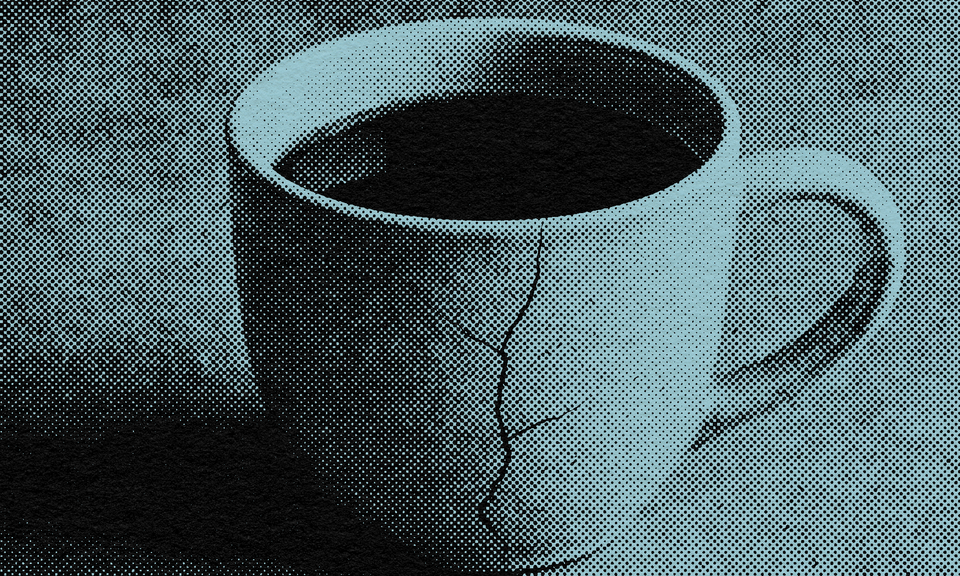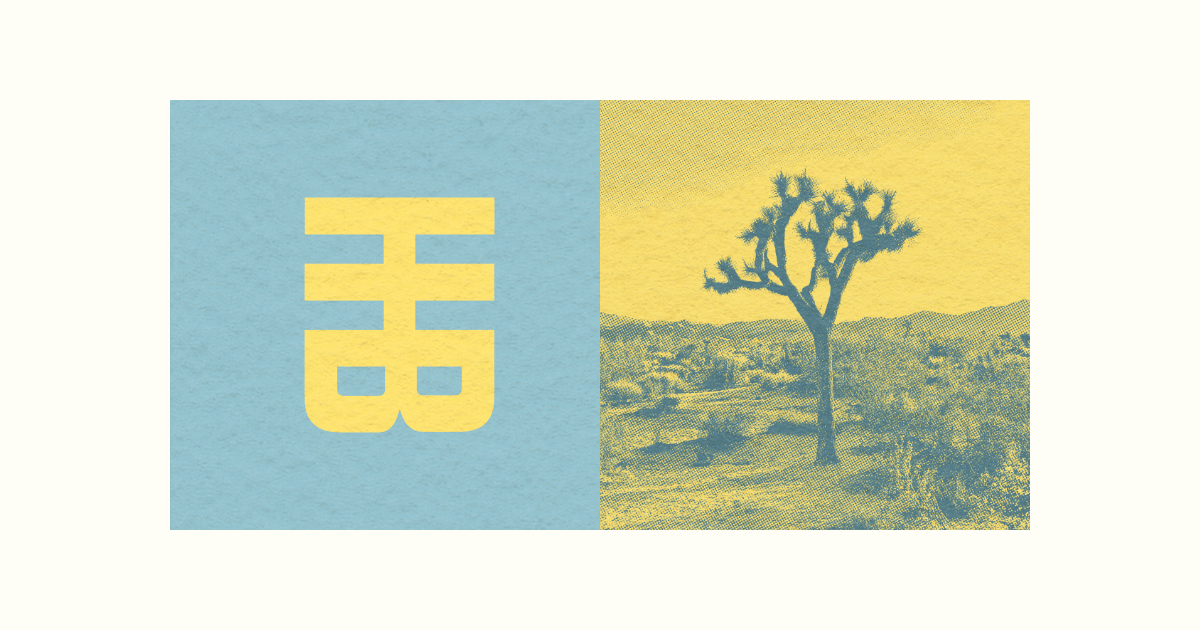No, I’m not falling apart. I’m just being honest.

After I published my last Unsubscribed piece, I got a text from a friend:
“Hey—just checking in. Are you okay?”
It wasn’t an intrusive question. It was kind. It came from love. And still, it hit me sideways. Because the answer is yes, I’m okay. Or at least, I’m as okay as anyone else trying to work, lead, parent, create, and stay sane in a world that feels like it’s constantly cracking around the edges.
The thing is, somewhere along the line, we learned that being honest about the hard stuff means you're in crisis. That vulnerability is a signal flare. That if someone tells the truth about how they’re feeling at work—or hell, even on the internet—it must mean they’re spiraling.
Let me be clear: I’m not.
I’m tired. I’m frustrated. I’m human.
But I’m not falling apart.
I write about these things not because I’m looking for help, but because writing is how I stay healthy. It’s my catharsis. It’s how I shake off the noise and make room for what’s next. When I sit down to put words to the fog, the burnout, the weird ache of wanting more, I feel lighter. More in control. And more connected.
That last one’s the kicker. Because I don’t write Unsubscribed to hear my own voice. I write it because I know I’m not the only one thinking these things and quietly wondering, Is it just me?
It’s not just you. It’s not just me. It’s all of us. And pretending otherwise is exhausting.
So when I say that writing this is a small act of activism, I mean it. Because in a culture that tells us to be productive at all costs, to lead without flinching, to answer “How are you?” with “Good, thanks”—choosing to be honest is radical. Saying “I’m not sure,” or “This is hard,” or even “I need a break” is radical.
And yes, I know. “Radical honesty” sounds like "Radical candor," or like another rip off of the name of a LinkedIn influencer’s e-book. But I mean it sincerely: if we’re going to change the culture of work, or leadership, or even just the way we show up in our lives, we need to stop conflating honesty with weakness.
We can be okay and feel overwhelmed. We can be strong and say we’re struggling. And we can write about the weird, wonderful, and painful things we’re experiencing without people assuming we’re about to flame out.
In fact, I’d argue that the leaders who don’t express these things—the ones who keep it bottled, who only share when it’s polished and perfect—are the ones we should be worried about. You know the type. Everything’s fine until suddenly it’s not, and no one saw it coming because they never said a damn thing.
So here’s my rally cry:
Let’s stop reading honesty as instability.
Let’s stop mistaking creativity for chaos.
Let’s stop assuming that if someone shares what’s hard, they must be having a breakdown.
Maybe they’re just trying to build something better.
Because for me? Writing this helps. It helps me process what I’m experiencing in my work, in my business, in my own head. It frees up mental and emotional space so I can keep moving. It feels productive, even when everything else feels stuck. And if it helps even one other person feel a little more seen? That’s good work. That’s the work I want to do.
So yes—I’m okay. Better than okay, some days.
And on the days when I’m not? I’ll probably write about it.
Not because I’m falling apart. But because I’m still here. And this is how I stay whole.
TL;DR
Being honest about what you're feeling isn't a cry for help—it's a sign you're paying attention. Writing like this isn't weakness. It's work. It's healing. It's connection. If people check in on you when you speak your truth, thank them—but keep going. Because honesty isn't the problem. It's the beginning of something better.


Member discussion